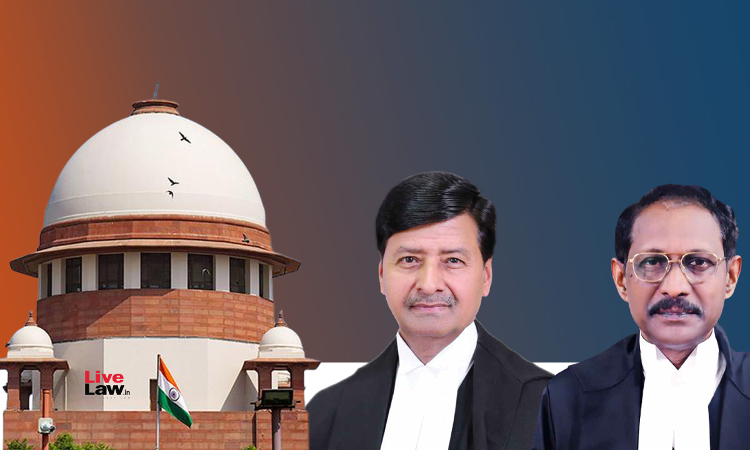Section 5 Limitation Act - 'Suffficient Cause' Is The Cause For Which A Party Could Not Be Blamed : Supreme Court
Ashok KM
5 Jan 2023 10:37 AM IST

Next Story
5 Jan 2023 10:37 AM IST
The Supreme Court, in a judgment delivered on Wednesday, gave a simple and short definition for the term 'sufficient cause' in Section 5 of Limitation Act, 1963.‘Sufficient Cause’ is the cause for which a party could not be blamed , Justice C T Ravikumar, who authored the judgment, observed.The Apex Court bench also comprising of Justice Ajay Rastogi was considering an appeal filed...
